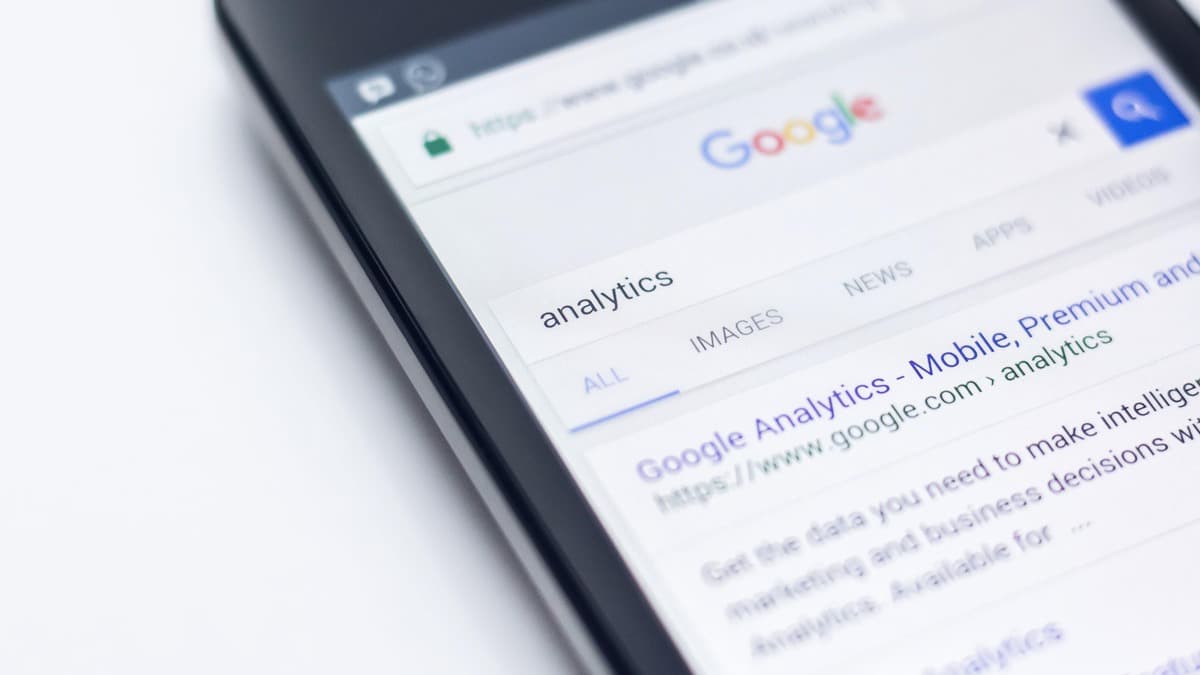When it comes to online sales, you would be hard-pressed to find a digital retailer who isn’t using Google Analytics to gain customer insights and scale their business.
Now, this powerful tool is getting a significant makeover that promises more innovative features and relevant metrics for the changing landscape of online sales.
Google Analytics 4 (GA4) will come into effect for standard users on July 1, 2023, while enterprise users will have until July 2024 to make the change. Despite being more than six months away, it’s crucial that your business begins transitioning to GA4 as soon as possible to avoid being left behind once the change comes into place.
What does GA4 mean for your business?
While a long list of new and improved features is being implemented with GA4, the most significant is Google’s decision to update the data measurement model being used. Rather than reporting your data in terms of sessions and page views, the updated model will instead report data in terms of parameters and events, allowing for a deeper understanding of your brand’s online presence.
GA4 will also change the way you view and set your e-commerce goals. Unlike the previous model, conversions are now at the heart of your analytics page. If you’re unfamiliar with Google Tag Manager, it’s time to take the leap and wrap your head around this not-so-user-friendly tool. This will allow you to understand better what it takes to track your conversions once GA4 is rolled out seamlessly.
The new model will also track events in a far different way from its predecessor. Users will have the freedom to track any information that might be relevant to their conversion goals – a key feature previously missing from GA3. This gives you a chance to monitor everything from what users search for on your website to visitors’ scrolling patterns, as well as outbound link clicks, downloads, and video engagement.
Other important updates include the ‘reporting views’ function being switched out in favour of data streams and audience tracking and a new engagement rate metric taking the place of the previous bounce rate.
Making the switch
While the leap from GA3 to GA4 may seem daunting at first, the update will offer businesses far richer analysis and conversion metrics than ever before. For online retailers, it’s bound to take some getting used to, but ultimately it will give you a better understanding of how you can improve conversions by tracking metrics that were previously untrackable.
For the average marketing manager, however, transitioning from the familiarity of GA3 to the far more innovative GA4 will be difficult to tackle. This is why it’s crucial that you begin the migration as soon as possible, as it will allow you time to get a feel for GA4 while GA3 is still available to use. An even better way to streamline the process is by hiring a developer who specialises in Google Analytics. What might take you weeks or even months to configure can be done by an expert in just a couple of hours, allowing you to spend more time learning how to utilise the new system.
For those websites that use a third-party shopping cart outside of the big players, it’s crucial that you confirm whether it will be compatible with GA4 by the time July 1, 2023, rolls around. If not, you will find that arguably the most important aspect of your analytics – the conversion data from checkout processes – won’t be accessible.
Regardless of whether you decide to make the transition yourself or hire an expert to do it for you, the most important factor is that you don’t underestimate just how big of a jump this new system is from the old one. The move to GA4 will bring a host of invaluable features to business but can also pose serious challenges if not prioritised in the coming months. By starting the transition now, you can set yourself up for success come July 1, 2023.
Keep up to date with our stories on LinkedIn, Twitter, Facebook and Instagram.

